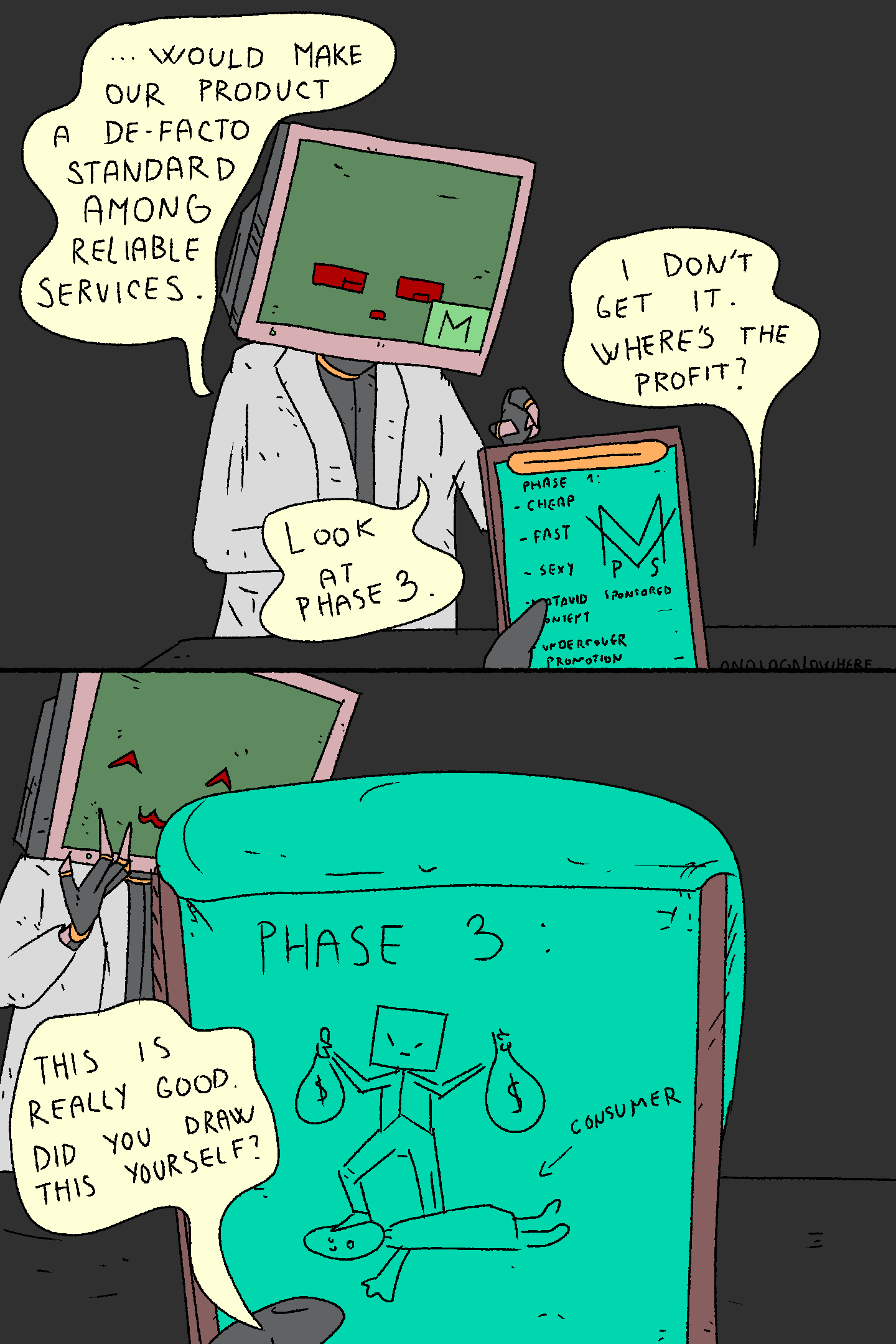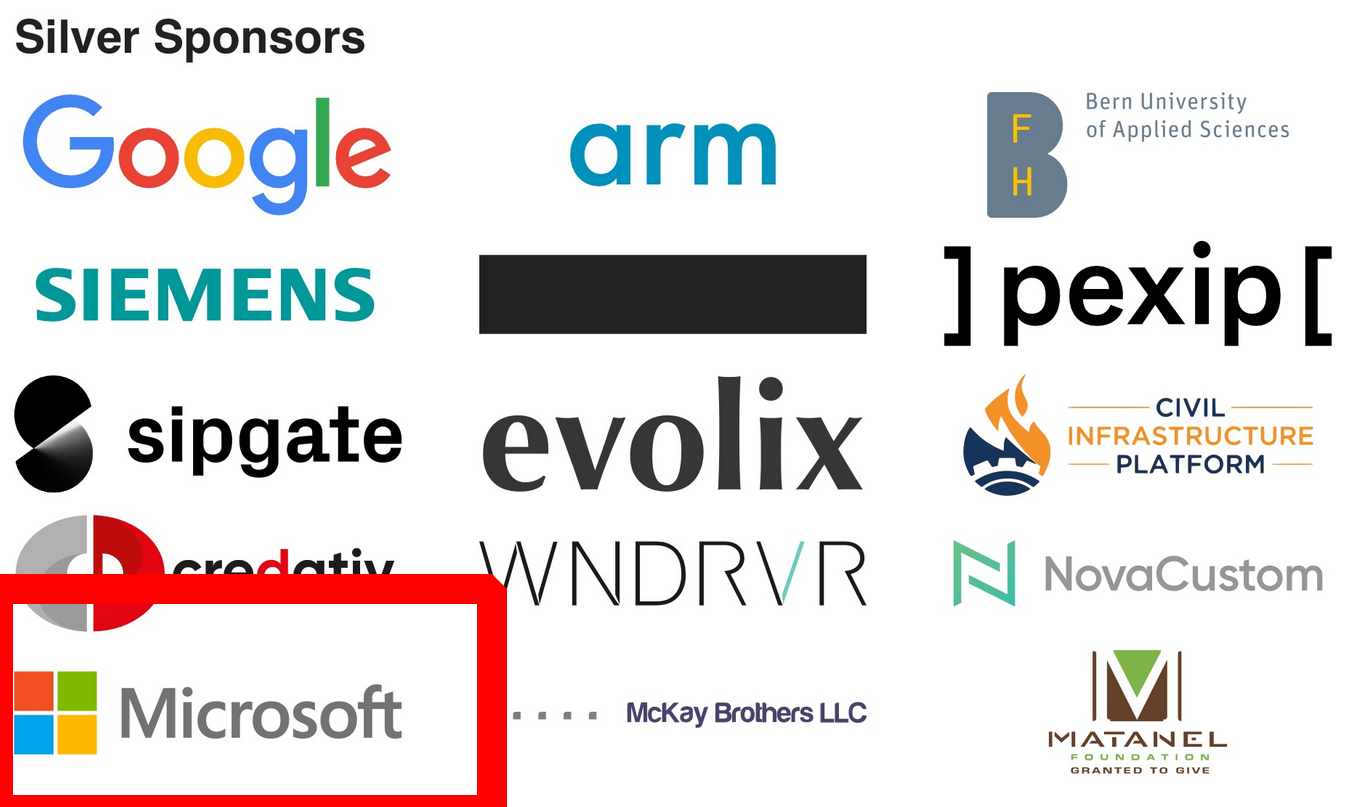Microsoft's Halloween Documents and systemd, Wayland, Etc.
Old:
- Running GNU/Linux With a Top Process Controlled by Microsoft and Far Too Many Lines of Code
- IBM's Lennart Poettering on Breaking Software for Pseudo Novelty
- OpenBSD Founder Theo de Raadt Says Wayland is an Attack Software Choice and a Push Towards "Vertical Software Monocultures"
Microsoft's Halloween Documents covered many ways in which to attack GNU/Linux and Free software at large. Among them: creating a rift (e.g. political differences), de-commodification, and ways to ban Free software (e.g. more regulatory red tapes). All of those things can be seen around us and some of the aims have realised/materialised*.
In the case of Wayland, which is talked about a lot more because the IBM-led push to adopt it everywhere has been accelerated recently (not because of any new capabilities, it's just a top-down directive, imposed through media-first false prophecies), we see a combination of the above tactics. Remember that "FUD" was coined to describe IBM's tactics, not Microsoft's. Only later the term was adopted to describe Microsoft's behaviour.
Maybe one day Wayland will be widespread. Or maybe not. They've been telling us for many years that widespread adoption of Wayland was just around the corner. But where are we now?
No project or application or company going to ban the use of X any time soon. There are many reasons for this. Contrariwise, many things do not support Wayland.
Free (or "open") systems are to be developed by communities, not giant corporations. █
____
* It should be noted that, despite the Halloween Documents, Debian is back to taking Microsoft money. This is DebConf25:


